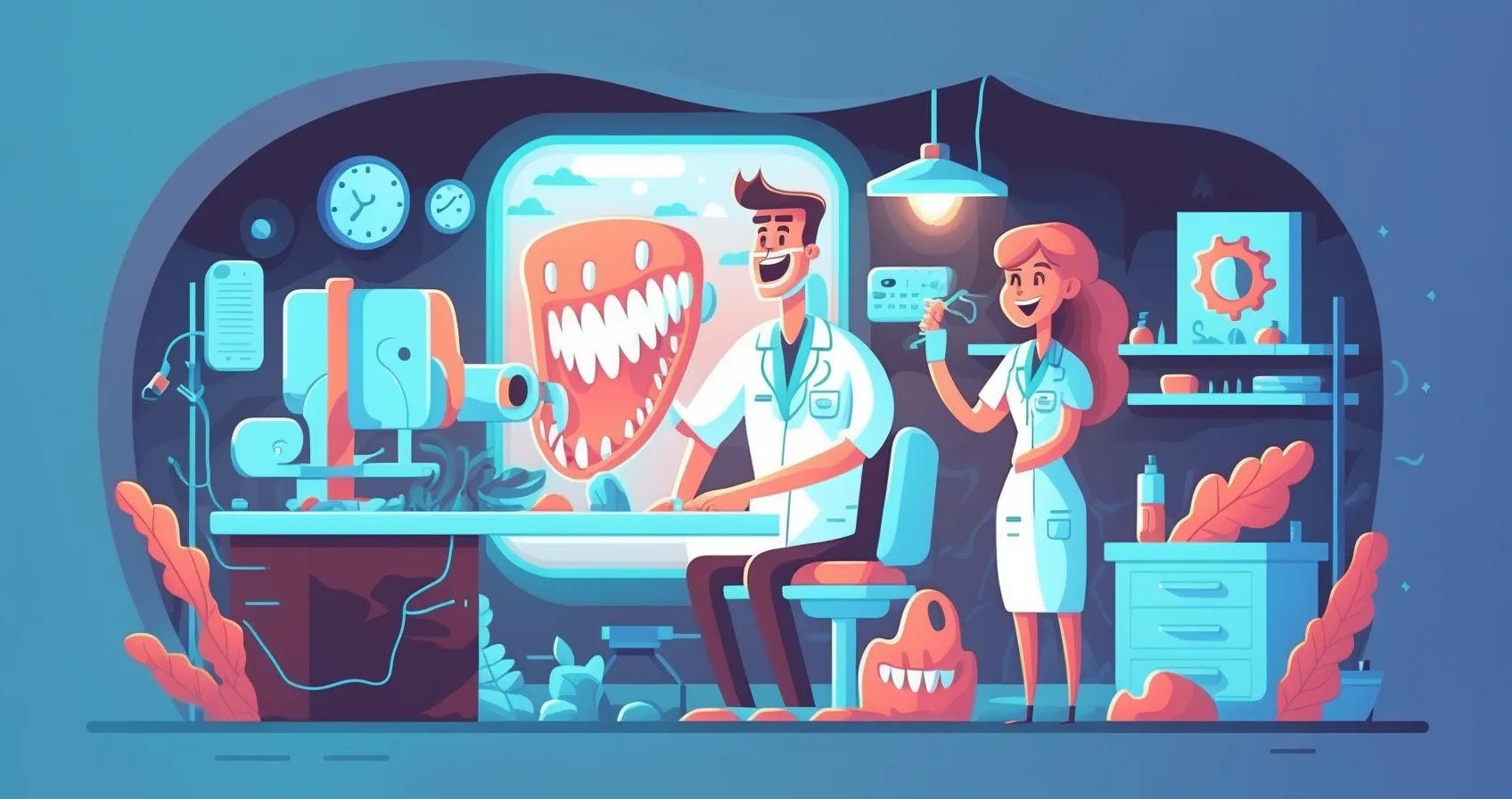Are you someone who loves the ocean and its inhabitants? Do you have a passion for science and research? If so, a career as a marine biologist might be the perfect fit for you.

Quick Navigation:
Why Become a Marine Biologist?
Marine biologists study the diverse life forms that inhabit the ocean, from tiny microorganisms to massive whales. They conduct research on marine ecosystems and work to understand the impact of human activity on ocean life.
By becoming a marine biologist, you can make a positive impact on our planet’s oceans and contribute to the conservation of marine life.
How to Become a Marine Biologist
To become a marine biologist, you will need to obtain a Bachelor’s degree in Marine Biology or a related field, such as Biology or Zoology.
You can also pursue a Master’s or Ph.D. in Marine Biology to advance your career. It is essential to gain practical experience by participating in internships, volunteering, or conducting research under the guidance of a mentor.
Skills for Marine Biologists
A successful marine biologist needs to have excellent analytical and problem-solving skills. They must also possess strong communication skills, both written and verbal, to present their research findings to the scientific community and the public.
Additionally, marine biologists must be able to work efficiently in a team and have a strong work ethic.
Career Development
Marine biologists can work in various settings, including research institutions, government agencies, and non-profit organizations.
With experience and advanced education, marine biologists can pursue leadership positions such as research directors or program managers.
Requirements of Marine Biologists
Marine biologists must have a solid understanding of the scientific method, statistics, and data analysis.
They also need to have a strong background in biology, chemistry, physics, and mathematics. Marine biologists must be physically fit and able to work in challenging environments, such as on boats or underwater.
Interview Preparation for Marine Biologists
During an interview for a marine biologist position, be prepared to discuss your research experience, knowledge of marine ecosystems, and familiarity with scientific equipment.
Be ready to discuss your teamwork and communication skills and how you would handle working in challenging environments.
Work-Life Balance
Marine biologists often work long hours in the field or lab, but they also have the opportunity to travel to new and exciting locations.
Balancing work and personal life is essential, and many marine biologists find that their passion for their work makes the long hours worth it.
A Day in the Life of a Marine Biologist
Below is a table outlining a typical day in the life of a marine biologist:
| Time | Activity |
|---|---|
| 6:00 am | Wake up and prepare for fieldwork |
| 7:00 am | Arrive at the research vessel and begin equipment setup |
| 8:00 am | Depart for research site |
| 9:00 am – 12:00 pm | Conduct research, collect samples, and record data |
| 12:00 pm – 1:00 pm | Lunch break |
| 1:00 pm – 4:00 pm | Continue research and data collection |
| 4:00 pm – 5:00 pm | Return to research vessel and pack up equipment |
| 5:00 pm – 7:00 pm | Travel back to lab or research facility |
| 7:00 pm | Review and analyze data collected during the day |
| 9:00 pm | Finish work and head home |
FAQs
1. What is the average salary for a marine biologist?
According to the Bureau of Labor Statistics, the median annual salary for a marine biologist is $63,420.
2. What are some of the challenges of being a marine biologist?
Some of the challenges of being a marine biologist include working in harsh environments, such as on boats or underwater, and dealing with unpredictable weather conditions.
3. Can you specialize in a particular area of marine biology?
Yes, marine biology is a broad field, and you can specialize in various areas such as marine conservation, marine ecology, or marine genetics.
Wrapping Up
Becoming a marine biologist requires dedication, hard work, and a passion for the ocean and its inhabitants.
With a strong educational background, practical experience, and essential skills, you can make a positive impact on our planet’s oceans and contribute to the conservation of marine life.










